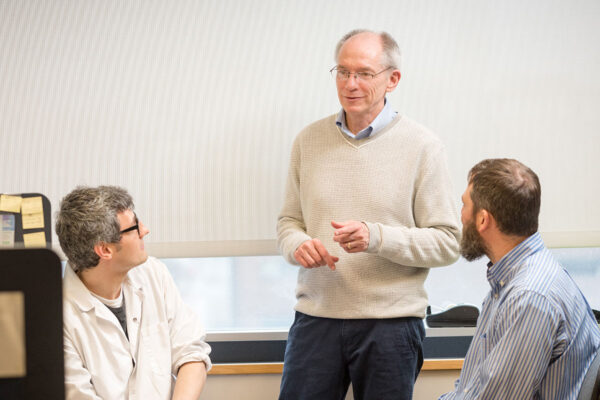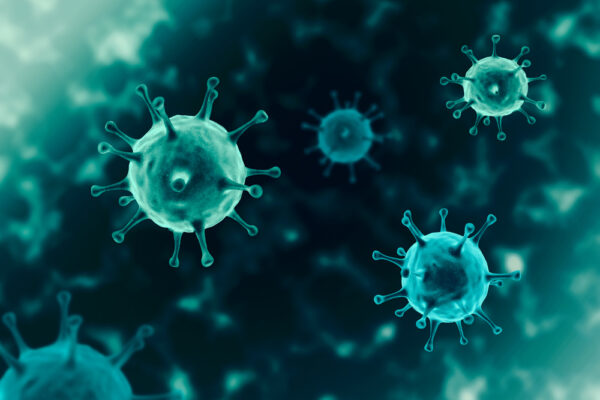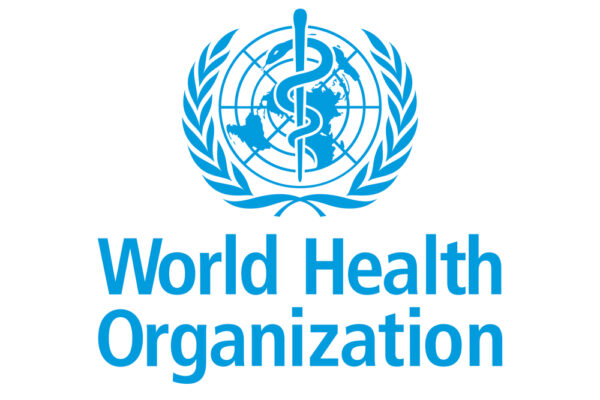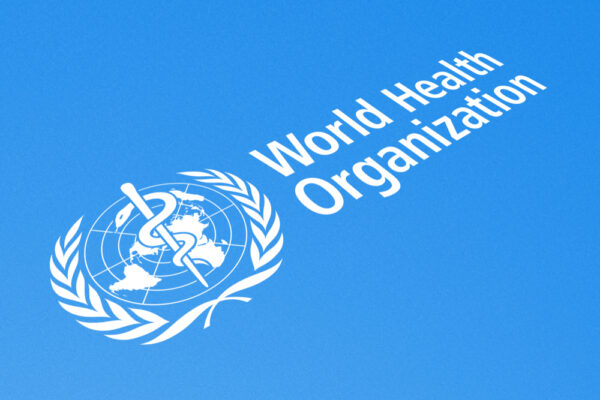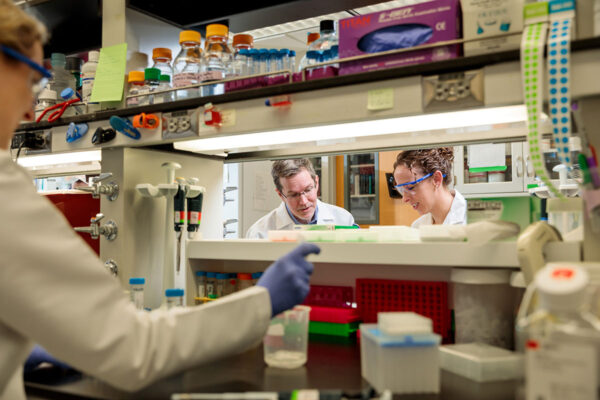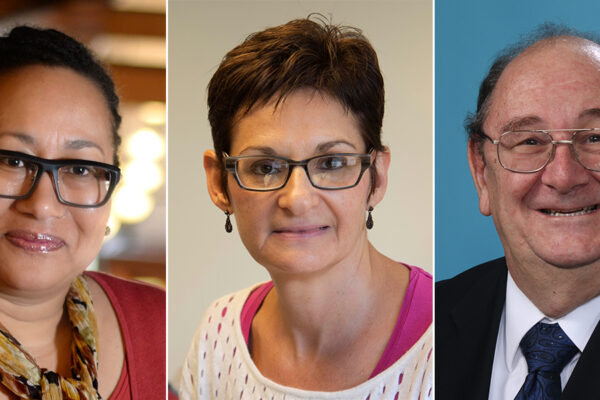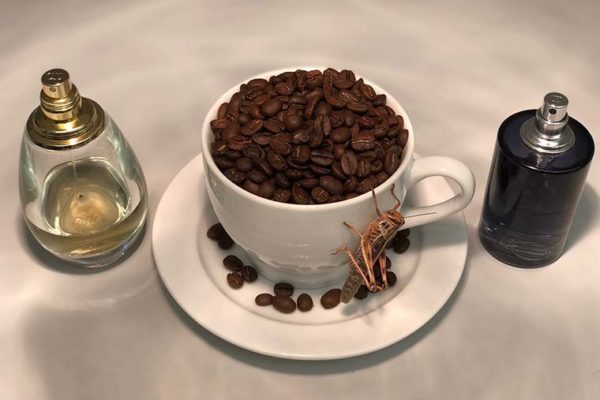Search for cure for common parasitic infection focus of $5.5 million NIH grant
Parasitologist L. David Sibley at the School of Medicine is leading an international effort to find drugs to cure toxoplasmosis, a parasitic disease characterized by vision problems and brain complications.
McDonnell Academy supports COVID-19-related global research
To help address the international social, economic and public health ramifications of the COVID-19 pandemic, the McDonnell International Scholars Academy recently awarded seed grants to kick-start research projects led by Washington University faculty members and their international collaborators.
WashU Expert: America gains nothing by leaving WHO
President Trump’s recent announcement to suspend funding to the World Health Organization is “counter to our interests in addressing our needs to save the lives and further the health of Americans, as well as an abandonment of America’s position as a global leader,” says the director of Washington University’s Institute for Public Health.
WHO withdrawal may not be legal
President Donald Trump announced July 7 that the United States has officially begun to withdraw from the World Health Organization. Trump may or may not have the authority to do so, says an expert on health law at Washington University in St. Louis.
Experimental drug shows early promise against inherited form of ALS, trial indicates
An experimental drug for a rare, inherited form of amyotrophic lateral sclerosis (ALS) has shown promise in a phase 1/phase 2 clinical trial conducted at Washington University School of Medicine and other sites.
Researchers focused on understanding virus transmission by aerosols
Nearly 240 scientists signed onto a letter urging the World Health Organization to recognize the airborne spread of COVID-19. Here’s what a signatory from Washington University in St. Louis has to say.
Davis, Luby receive 2020 faculty achievement awards
Adrienne Davis and Joan Luby will receive Washington University in St. Louis’ 2020 faculty achievement awards, Chancellor Andrew D. Martin announced. Also, Douglas F. Covey will be honored for innovation.
Local gym moves classes to West Campus garage
Joe Goldberg, owner of TruFusion STL fitness studio on the West Campus of Washington University in St. Louis, was facing financial devastation when he asked the university if he could move the gym’s yoga, cycling, bootcamps and other classes to the university’s open-air garage. The university immediately approved Goldberg’s proposal and helped him execute the plan.
An emerging understanding of smell
Engineers at Washington University in St. Louis have found that a neural model based on the act of a bug smelling something showed emergent properties, properties similar to those seen in an insect’s antennal lobe, an important area for its sense of smell.
Eviction moratoriums are incomplete solution
A federal moratorium on evictions is just one piece of the puzzle. Without comprehensive solutions, we could be facing a repeat of the 2007-08 financial crisis, said Radhakrishnan Gopalan, a finance expert at Washington University in St. Louis who has studied the effect of health insurance on home payment delinquency.
View More Stories
